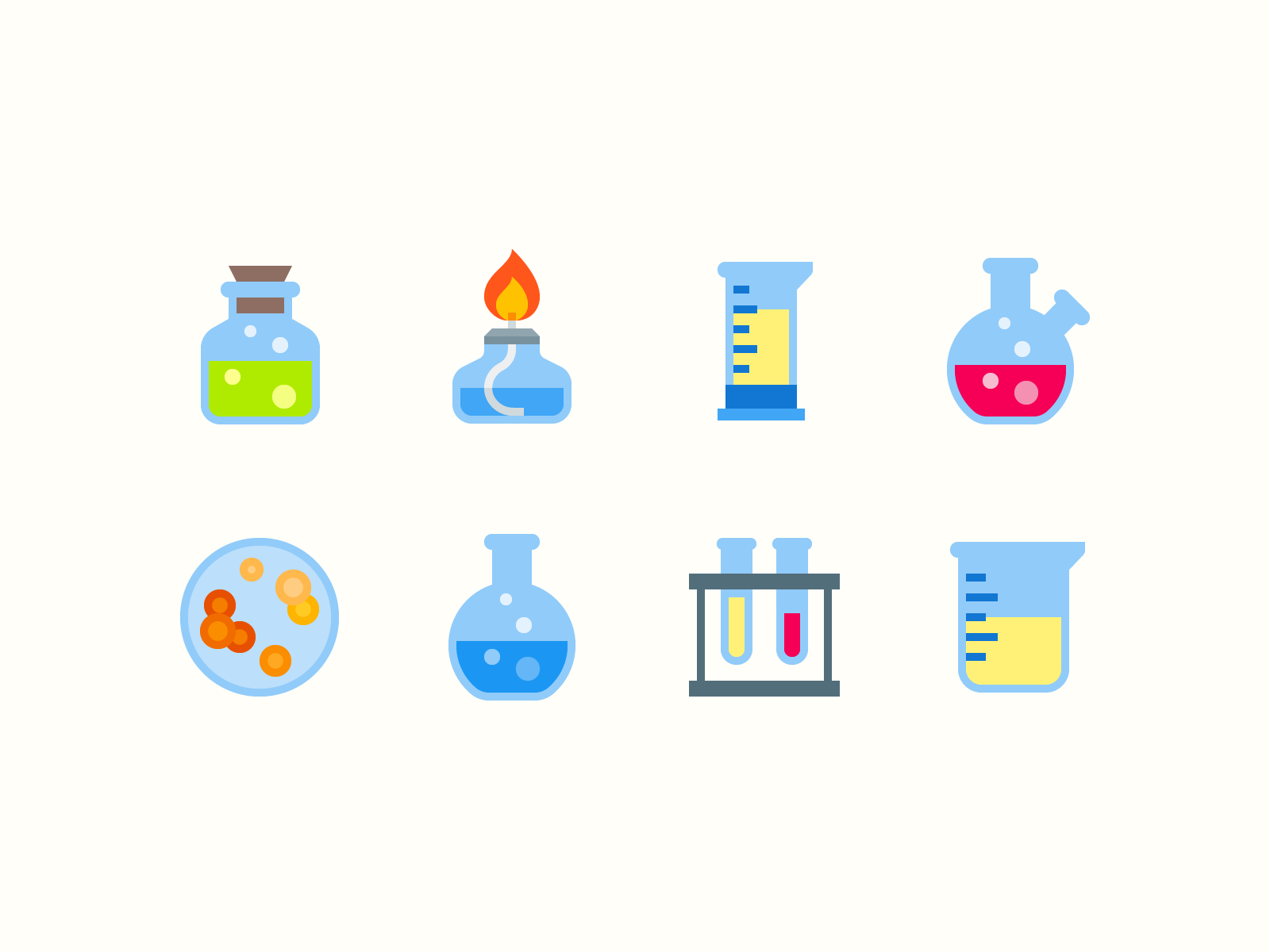
6 Things You Didn’t Know About Animal Testing
Despite overwhelming statistics that people feel animal testing is wrong, animal experiments continue to happen all over the world.
I first found out about animal testing in 2012 while studying at university. I discovered that the United States, Japan, and China conduct the most animal testing, with the United Kingdom falling much lower on the list.
In fact, the UK has some of the strictest laws surrounding animal testing. This is certainly good news, but I’ve found that even cruelty-free animal experimentation can still cause animals pain and distress despite regulations surrounding this practice.
If you’d like to know the role of animal experimentation in the products or the medicine you use and what you can do to support animal rights and animal welfare, read on. First, here are six facts that surprised me about animal testing:
1. Your taxes pay for animal testing

I remember when I was first finding out about animal testing. I quickly got rid of any products I owned that had been tested on animals. Sadly, I later found out my tax dollars were paying for most government-funded animal research.
In many countries, taxpayer dollars fund the majority of animal experiments that are part of government research. This research usually includes pharmaceutical products but the use of animals is also common in pesticide research, medical research, and other experiments.
According to PETA, test methods include force-feeding, forced inhalation of test substances or smearing test substances on animal’s skin-sometimes in lethal doses.In the United Kingdom and elsewhere, many people don’t realize that the tax they pay is funding experiments on animals that range from mice to cats to primates.
2. Charities you support conduct animal testing
I also found out there are many charities that support animal testing in the United Kingdom and abroad. I was surprised to learn how many charities funded animal experiments for medical research.
Some of the charities that condone animal testing include:
- Against Breast Cancer
- Alzheimer’s Research UK
- Bone Cancer Research Trust
- The Brain Research Trust
- Institute of Cancer Research
- Heart Research UK
- Stand Up To Cancer
There are many other charities in the UK that support animal testing. In the United States, the most common charities for heart disease, cancer, and Alzheimer’s research support experiments on live animals in the name of medical research. Although animal research is considered vital for the diseases mentioned, Cruelty Free International argues “treatments showing ‘promise’ in animals rarely work in humans.” The number of animals used in clinical trials is simply too high for the rate of success we have seen.
3. Animal testing can be unreliable, and result in human deaths
Animals, while sharing many attributes with humans, aren’t humans. Often, they aren’t able to get the same diseases and don’t have the same symptoms we do, yet we test drugs intended for humans on animals such as hampsters and guinea pigs.
I was shocked to learn how inaccurate and wasteful animal testing can be – not only causing animal suffering but also death in humans. Animal experiments have shown some drugs to be safe, only to then go on the market and kill many people. Examples of these drugs include Vioxx, Theralizumab, and Propulsid, among other drugs. These medicines and other substances toxic to humans don’t affect animals in the same way, leading people to believe carcinogenic chemicals such as arsenic and benzene were safe for years.
4. Cosmetic animal tests are banned in the UK – but medical research still happens

The United Kingdom and the European Union have banned animal testing for cosmetic products, which is a promising step towards ending animal testing.
If you want to make sure your cosmetic products aren’t tested on animals, you can check out the list of cosmetics companies Ethical Consumer compiled.
However, I discovered that the majority of animal testing is done for medical drug development –an estimated 80 percent in the United Kingdom. In fact, the UK requires drugs to be tested on animals during the development process before they go to human trials.
Household products are still tested on animals as well, and other countries such as the United States and China still conduct cosmetic animal testing.
5. Monkeys are often animal test subjects
When people think of animal testing, they often think of rats and mice – generally considered to be repulsive animals – in cages.
While it’s true that mice make up the majority of animals in experiments in the United Kingdom, I found out that many other animals are used as well, including rabbits, dogs, birds, guinea pigs, horses, pigs, sheep, and even cows and fish. Although great apes can’t be used in experiments in the UK (which include gorillas, chimpanzees, and bonobos), other primates can and are used. Macaques and marmosets are two of the most commonly used species of monkeys in experiments.
6. There are alternative methods to test medications and surgical procedures

While the use of animals in experiments continue, I’ve learned there are other ways to test medications and surgical procedures.
Some of these ways include:
- In-vitro testing. In-vitro testing uses human cells in a test tube and has the potential to replace animals for use in experiments.
- Artificial skin testing. This method uses human skin cells leftover from surgical procedures so researchers can test products on the skin.
- Microdosing. Microdosing is a testing method in which substances are administered in extremely low doses to humans, so low that they only cause changes on a cellular level, which researchers can then observe.
- Microfluidic chips. Microfluidic chips display how medicines react in bodily tissue on a chip that scientists can design themselves to more accurately predict reactions.
- Cadaver use. Medical procedures can be conducted on dead human bodies, so donating your body to a university or a hospital after death can be a great way to help future doctors learn how to do medical procedures and stop them from being done on live animals.
So what can you do?
I am a big advocate of proper treatment of animals. There are simple steps I’ve taken in my daily life to stop my own support of animal testing as much as possible – you can make these changes too!
First, as discussed, donate your body. You can fill out the necessary paperwork now to ensure your body is donated post-humously. It’s rather easy and it’s usually free!
Always look for a “cruelty-free” label or preferably, a “not tested on animals” label before you buy a product. Unfortunately, “cruelty-free” doesn’t always mean the product wasn’t tested on animals – it could mean that the manufacturer used methods they think are more humane in animal experiments.
If you live in the United States or elsewhere, look at your personal care products to see if they test on animals. A general rule of thumb is that all the big-name brands test! Also, you can support The Humane Society which is a non-profit organization that is fighting for animal welfare and animal rights,
And finally, consider donating money to organizations that work to expose taxpayer-funded animal experiments and to keep research labs accountable for their actions. By spreading the word, we can make a future without animal testing possible.
From what I’ve learned about animal testing in these last seven years, there are other ways we can test products and medicines that are cheaper, accurate, and more humane without using animals.
By making a conscious choice not to support animal testing, I’ve invested in healthier products for myself and for the planet. If you care about animal welfare and animal rights, don’t feel like your choices won’t change anything.
If you take action by refusing products that were tested on animals and demanding alternative methods to be used instead of using live animals for research, you would be stepping up to bring change.
You have the power to save countless animals from being used in painful experiments.
Featured image by Steve Wolf
Earth.fm is a completely free streaming service of 700+ nature sounds from around the world, offering natural soundscapes and guided meditations for people who wish to listen to nature, relax, and become more connected.
Check out our recordings of nature ambience from sound recordists and artists spanning the globe, our thematic playlists of immersive soundscapes and our Wind Is the Original Radio podcast.
You can join the earth.fm family by signing up for our newsletter of weekly inspiration for your precious ears, or become a member and not only enjoy extra earth.fm features and goodies but help us grow new forests on our beloved planet.